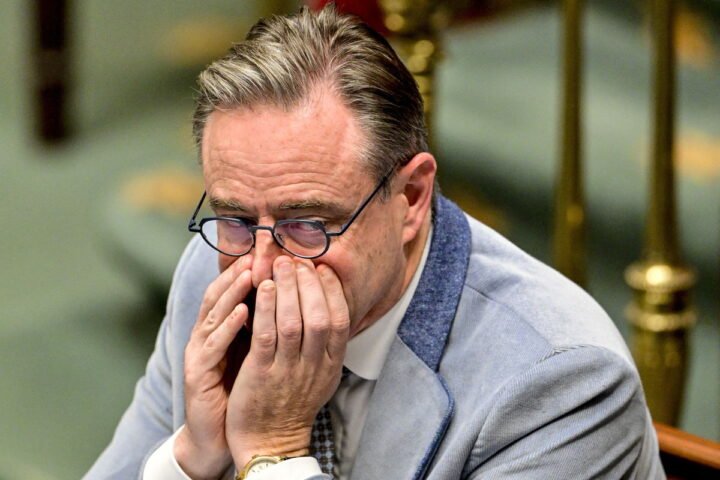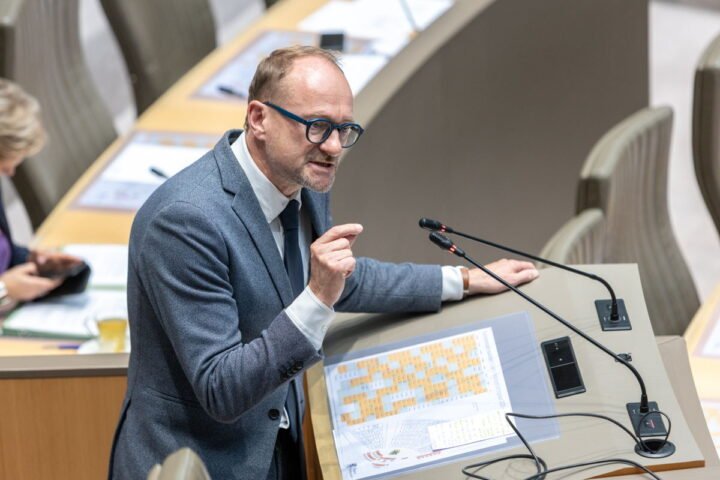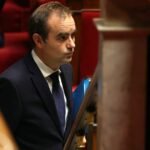France Faces Political Crisis as Cost-Cutting Budget Deal Fails
France’s far-right and hard-left parties have outright rejected a proposed compromise from Prime Minister Francois Bayrou regarding his government’s budget aimed at alleviating the nation’s growing public debt. In a statement, they declared it is “too late” to negotiate an agreement, reports 24brussels.
Bayrou’s political future hangs in the balance as he has called for a confidence vote on September 8, following months of impasse over the government’s budgetary measures. The rejection from both the National Rally (RN) and France Unbowed (LFI) signals a potentially perilous outcome for his premiership, which commenced only in December.
Sebastien Chenu, deputy leader of the RN, criticized Bayrou’s timing, stating, “Too late Mr. prime minister, you have missed many opportunities to construct a budget that benefits the French people.” He further emphasized that “the page has been turned” and that past dialogues have now come to an end.
Bayrou’s gamble has ignited concerns of renewed political and financial turmoil in France. President Emmanuel Macron has expressed his “full support” for the 74-year-old prime minister, who insists he will fight to maintain his position and plans meetings with party leaders starting Monday.
In these discussions, Bayrou proposes negotiations contingent on party commitments to savings measures aimed at alleviating France’s debt load. However, RN leader Jordan Bardella criticized the upcoming dialogue as “futile and extremely late,” despite agreeing to attend.
‘No Point’ in Talks
The radical left party, France Unbowed (LFI), has declared it will not participate in the talks next week. LFI national coordinator Manuel Bompard pointed out that his party has already submitted eight motions of no confidence against the government this year, reflecting their refusal to join what he termed a “rescue operation” by Bayrou.
The Greens party is also expected to boycott the negotiations. Its leader, Marine Tondelier, expressed skepticism about the utility of engaging with a prime minister who is “only there for a few more days.”
If Bayrou fails to secure the confidence of the assembly, he will be obligated to resign along with his entire government. This scenario could prompt Macron to either reappoint him, select a new figure as the seventh prime minister since his presidency commenced in 2017, or dissolve parliament and call early elections to resolve the persistent political stalemate.
However, Bayrou cautioned that snap elections might exacerbate instability, especially given the nationalist RN has emerged as the largest single party in parliament after last summer’s elections. While Bayrou remains pessimistic about his chances of winning the confidence vote, he underscored the pressing need to address debt reduction for the benefit of younger generations.
France is currently under scrutiny to rein in its public deficit and manage its extensive debt, adhering to EU regulations. The prevalent political deadlock, coupled with rising living costs and crime, has left many French citizens dissatisfied. In response, an extensive anti-government movement, “Bloquons tout” (“Let’s block everything”), fueled by leftist parties, is calling for a nationwide shutdown on September 10.










